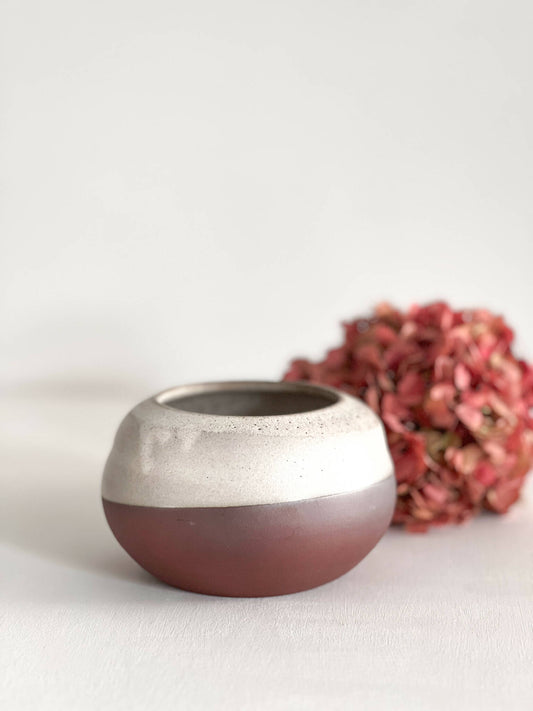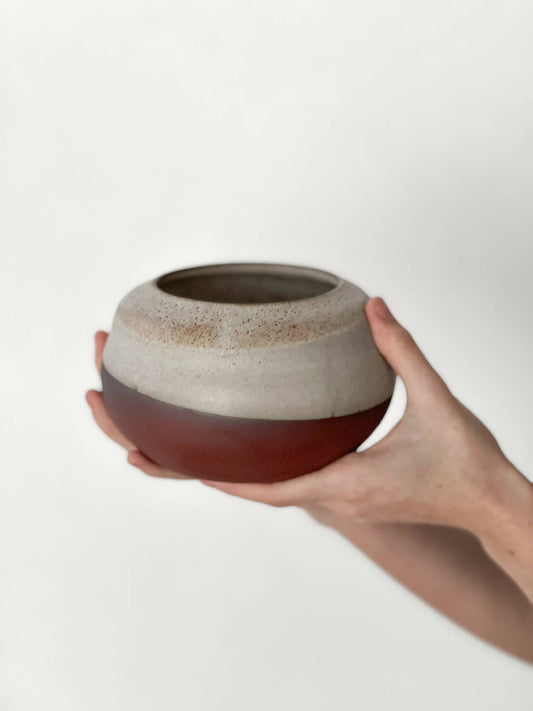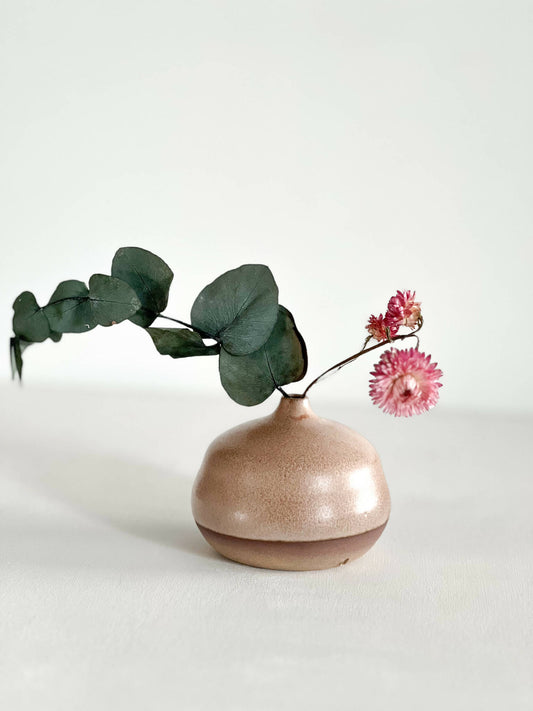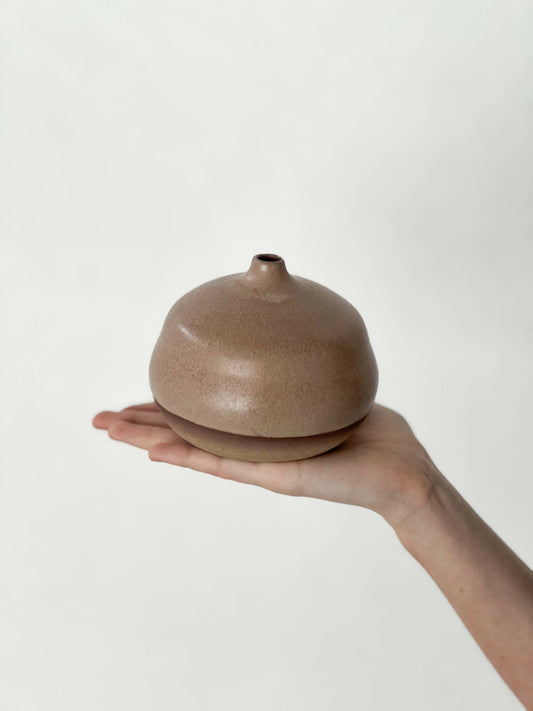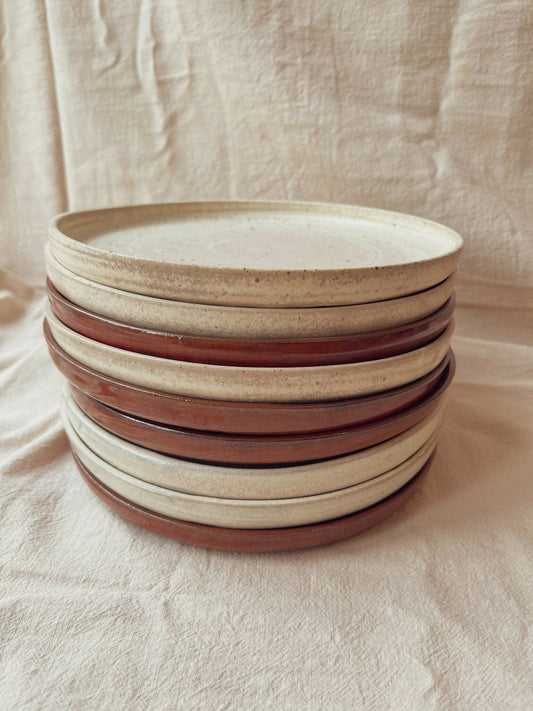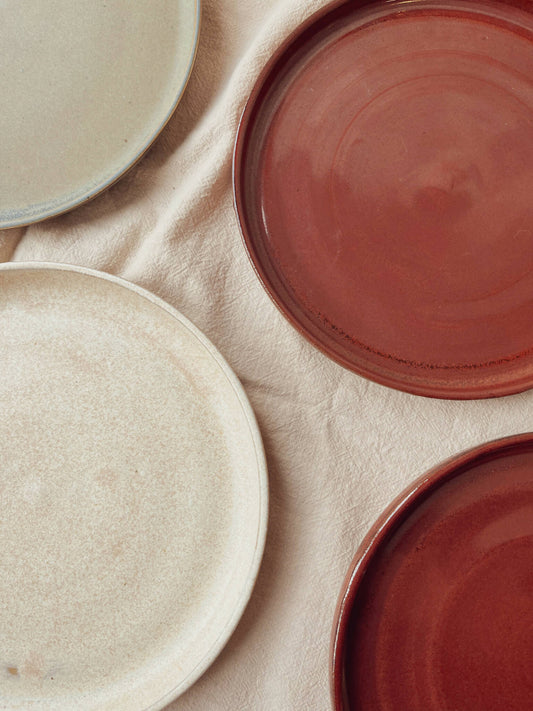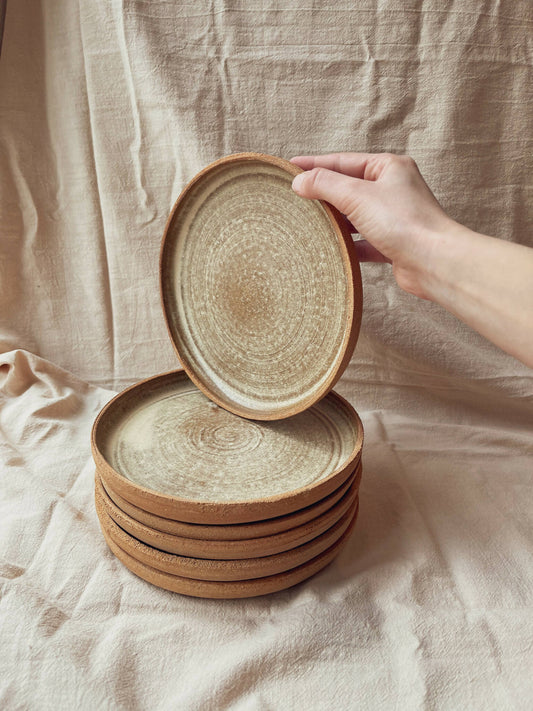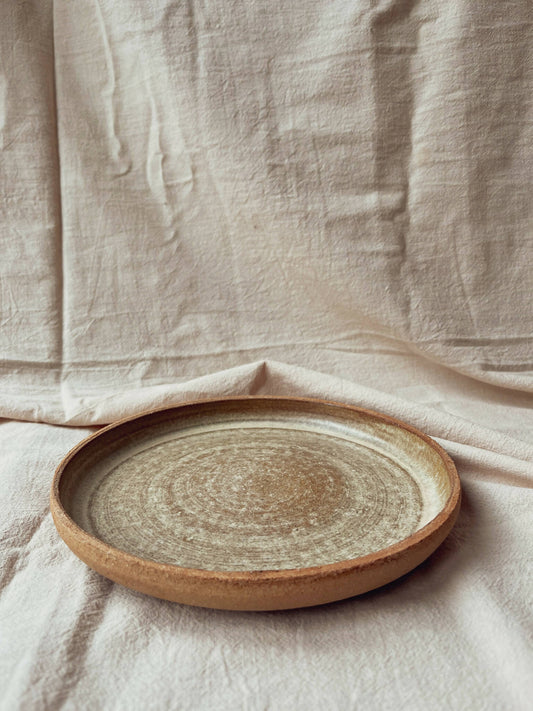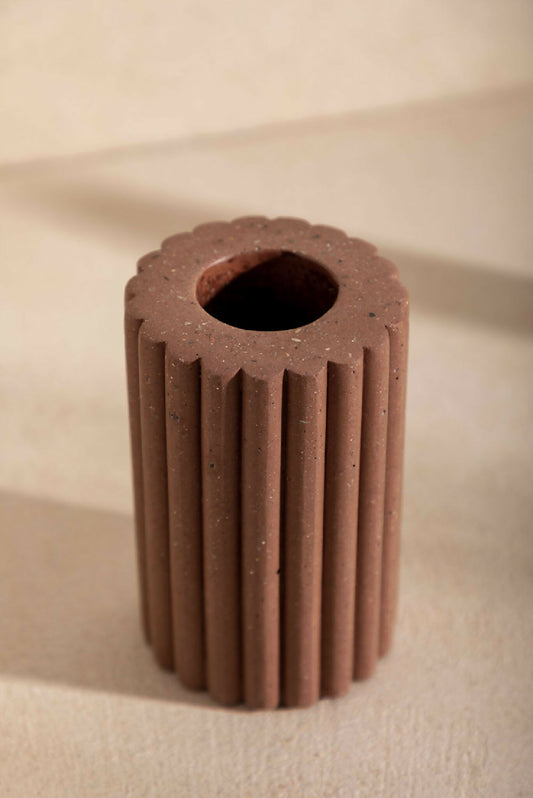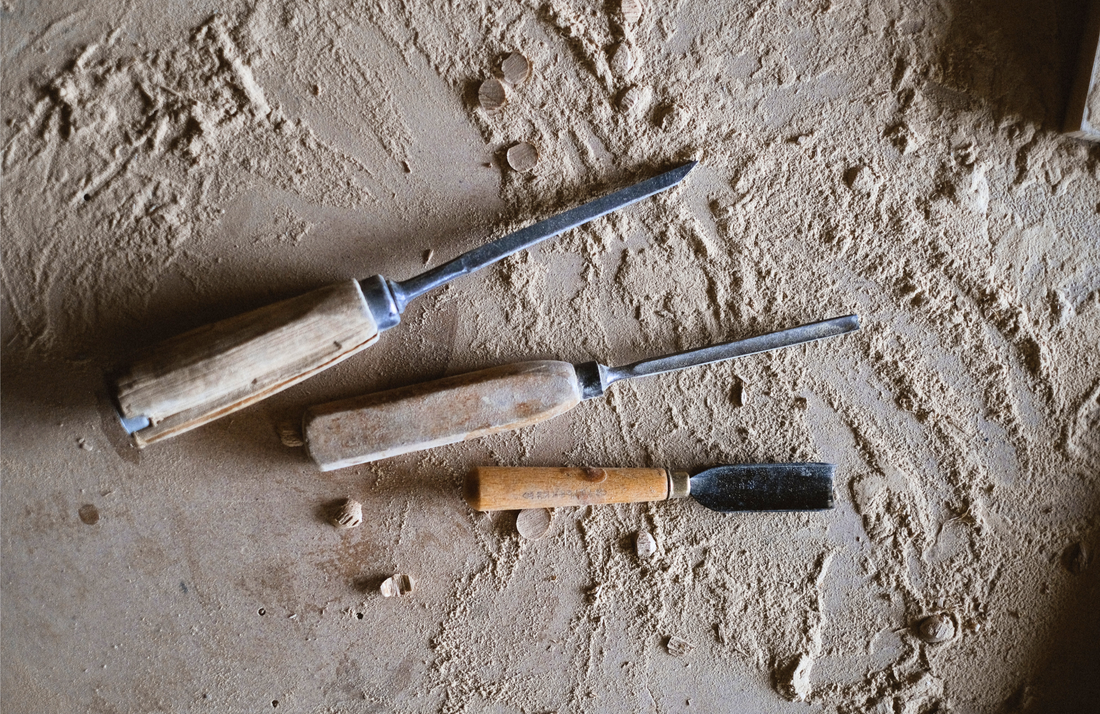
Crafts & Ecology: An alliance for a sustainable future
Craftsmanship and ecology, two seemingly distinct concepts, are in reality closely linked in their quest for a more sustainable world. Artisans, using traditional production methods and sustainable materials, contribute to the preservation of our planet. Let's explore how crafting fits naturally into an eco-friendly approach and how these two areas are converging to shape a more eco-friendly future.
Crafts in modern society
In an era where mass production has become the norm, craftsmanship provides a vital counterbalance. Artisans passionately create unique, handmade products, often personalized to meet the specific needs of their customers. Whether in jewelry making, pottery, sewing, carpentry or many other fields, these professionals bring a touch of individuality and authenticity to our standardized society.
It's still more satisfying to know that our favorite ceramic mug was hand-turned in Lozère by a passionate ceramist, rather than mass-produced by machines, right?
Crafts also help preserve valuable cultural traditions. Many handicrafts are the result of a cultural heritage passed down through generations, which artisans are keen to protect. These artisanal practices not only preserve history, but they also encourage cultural diversity in an increasingly globalized world.
The purchase of artisanal pieces is a personal, almost intimate story, a link created between the creator who reveals himself, and the buyer who discovers a personality associated with the object.
The choice of sustainable materials
One of the pillars of ecological craftsmanship lies in the choice of sustainable materials. Unlike mass production, where the emphasis is often placed on profitability, artisans prefer to use natural and renewable materials, recycled when possible, or from sustainable production. For example, artisanal pottery favors local clay, sewing moves towards organic cotton, and carpentry opts for wood from sustainably managed sources. By making this choice, artisans reduce their carbon footprint and contribute to the preservation of natural resources. These values are essential in the eyes of Mirette partners.
Product quality and durability
The craftsmanship is characterized by meticulous attention to detail, quality and durability. Artisanal products are designed to last, in contrast to the culture of immediate and mass consumption that currently prevails in our society. By favoring quality products, artisans encourage more thoughtful and less wasteful consumption. This reduces the need to mass produce, repurchase constantly, and reduces the amount of waste generated. A craftsman puts all his know-how, his talent and his heart to offer objects that he makes with the greatest care. For the craftsman, the quality of his work is a personal matter!
Local and ethical manufacturing
Crafts are often closely linked to local production. Artisans create their pieces in their own workshop, often located close to home, make themselves known to the neighborhood, and sometimes sell directly, which promotes a more local economy and reduces emissions linked to the transport of goods over long distances. They manage the transport of their parts and do not have gigantic warehouses or a logistics center. These professionals spend time choosing the best packaging: the most ecological, the strongest... and choosing the transport method. Most often, deliveries are local, national, sometimes extended to Europe. Even if some offer international delivery, you know that the materials used for the production of the part will have been sourced locally, and will not have traveled thousands of kilometers and undergone multiple transformations before being delivered. arrive in the artist's studio.
In addition, many of them, like Mirette partners, adhere to ethical manufacturing practices, guaranteeing good working conditions and fair treatment of workers.
Craftsmanship is therefore the wisest choice for ethical decoration, respectful of the environment, but also of people.
Upcycling and reuse
Crafts also encourage upcycling: the transformation of existing objects or materials into new products. This practice reduces the demand for new resources while reducing waste. More and more artisans are fans of reuse, of repurposing, creating works of art from objects considered obsolete.
Ecological awareness
These professionals play a key role in raising public awareness of environmental issues. Their products often tell a story of commitment to the planet, highlighting the importance of preserving our environment. Many of them find their inspiration in nature, in the world around them, the Earth is their muse. Sharing these values is therefore natural, as if it is obvious. Along the same lines, customers of artisans are often more aware of the impacts of their consumption and more inclined to adopt lifestyles that are more respectful of nature. The fact of purchasing handcrafted pieces is in itself an act that respects humans and our planet.
Craftsmanship: Choose today to preserve tomorrow
Craftsmanship and ecology are two sides of the same coin, working together for a more sustainable future. Artisans, by favoring sustainable materials, producing quality goods and supporting the local economy, embody the principles of ecology. Their approach highlights the importance of preserving the planet and encourages more conscious consumption.
By integrating more artisanal objects into our daily lives, starting with our living spaces, with more responsible decoration and sustainable furniture for example, we can contribute to a transition towards a more environmentally friendly world. All this while celebrating the creativity and beauty of craftsmanship, and promoting the work and know-how of passionate professionals.

